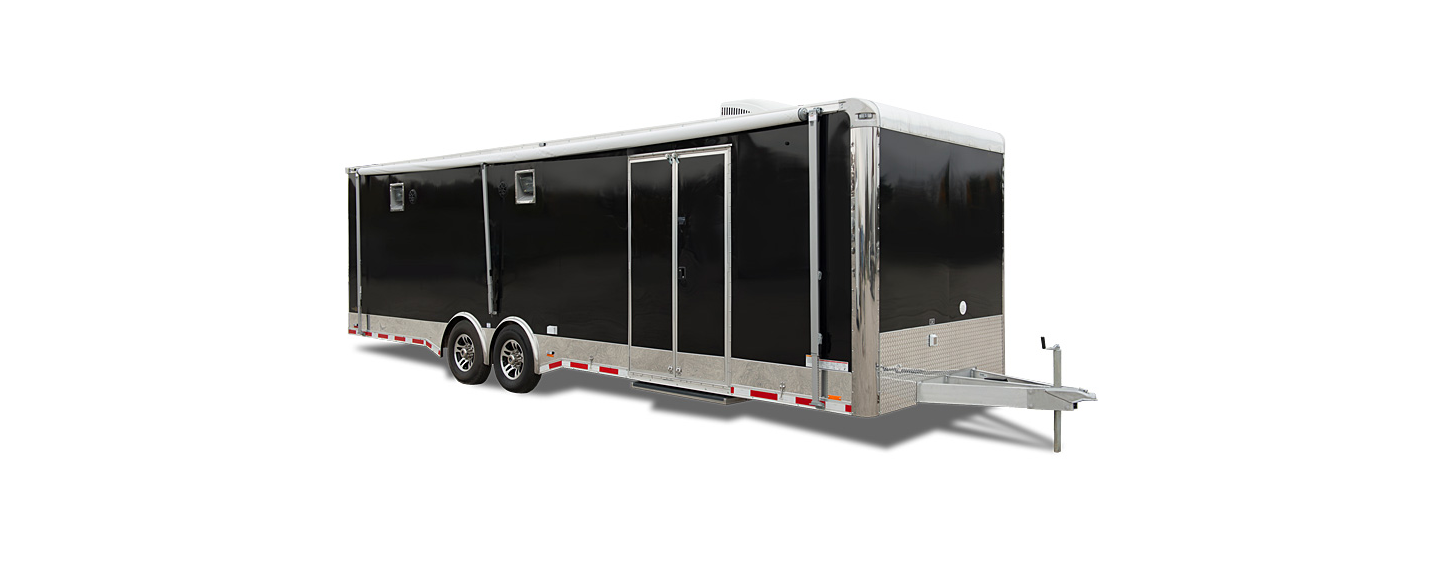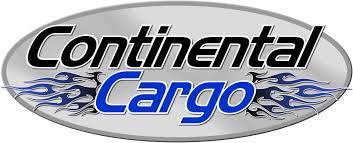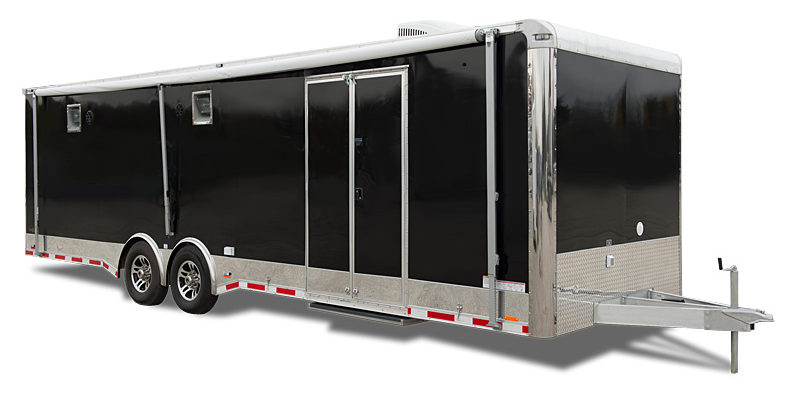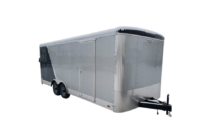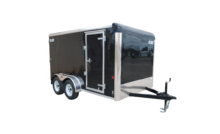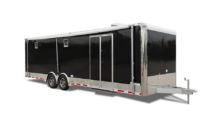Studies of tire safety show that maintaining proper tire pressure, observing tire and vehicle load limits (not carrying more weight in your vehicle than your tires or vehicle can safely handle), avoiding road hazards, and inspecting tires for cuts, slashes, and other irregularities are the most important things that you can do to avoid tire failure, such as tread separation or blowout or flat tires. These actions, along with other care and maintenance activities, can also:
- Improve vehicle handling
- Help protect you and others from avoidable breakdowns and accidents
- Improve fuel economy
- Increase the life of your tires
Use this information to make tire safety a regular part of your vehicle maintenance routine. Recognize that the time you spend is minimal compared with the inconvenience and safety consequences of a flat tire or other tire failure.
Safety First-Basic Tire Maintenance
Properly maintained tires improve steering, stopping, traction, and load-carrying capability of your vehicle. Under-inflated tires and overloaded vehicles are major causes of tire failure. Therefore, to avoid flat tires and other types of tire failures, you should maintain proper tire pressure, observe tire and vehicle load limits, avoid road hazards and regularly inspect your tires.

